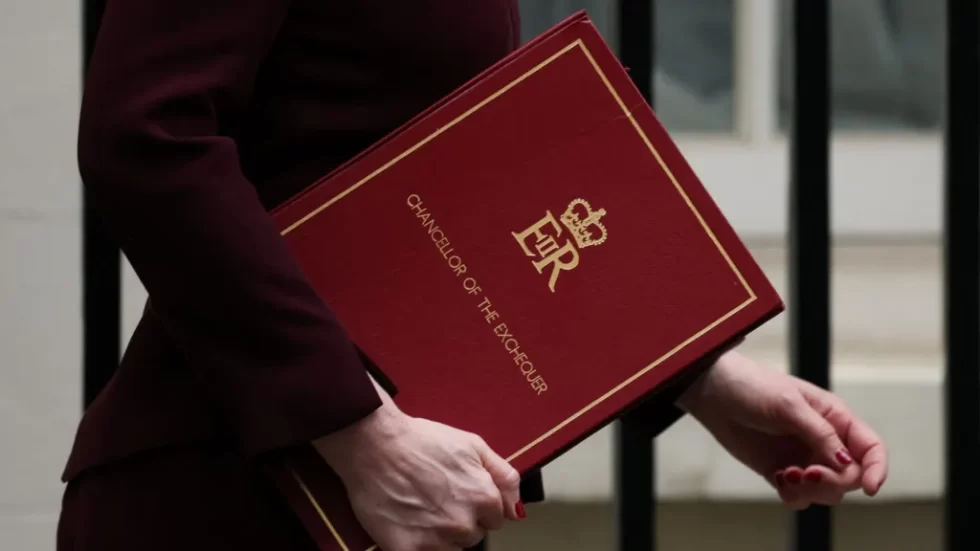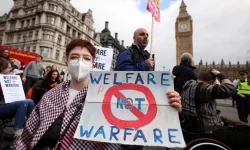
Chancellor Rachel Reeves has set out her plans for the UK economy during her Spring Statement in the House of Commons.
It came as the Office for Budget Responsibility (OBR) – which monitors the government’s spending plans – unveiled its latest economic forecasts.
Here is a summary of the main points.
Welfare changes
- Health-related universal credit for new claimants, which was already due to be cut from £97 to £50 per week from April 2026 under measures announced last week, will now not rise with inflation until after 2030
- Under-22s will no longer be able to claim the health-related element of universal credit
- As outlined last week, for existing claimants health-related payments will be frozen at £97 per week until 2030, with a new top-up payment introduced for those with the most severe conditions
- The standard allowance for universal credit will rise by £14 a week by 2030, instead of £15 a week as announced last week
- There will also be a stricter eligibility test for personal independence payments (Pips), the main disability benefit, from November 2026
- Live: Follow the latest on the chancellor’s announcement
- Three ways the changes could affect you and your money
- Who is affected by the Pip and universal credit changes?
- Watch: Henry Zeffman on what you need to know…in 58 seconds
Economic forecasts
- The Office for Budget Responsibility (OBR) has downgraded predicted growth for this year from 2% to 1%
- But it has upgraded estimated growth for the next four years, to 1.9% next year, 1.8% in 2027, 1.7% in 2028 and 1.8% in 2029
- The chancellor says this means the OBR is predicting the economy will be larger by the end of the forecast compared with what it was predicting at the time of her Budget last October
- Inflation is forecast to average 3.2% this year, up from 2.6% previously forecast, before falling back to 2.1% in 2026 and then hitting the government’s 2% target in 2027
Housing
- The OBR has estimated changes to England’s planning system announced last year will boost housebuilding by 170,000 over five years
- The changes are forecast to grow the size of the economy by 0.2% by 2030, and 0.4% by 2035
- £625m will be spent in England over four years to boost existing schemes to train workers in the construction sector
Spending rules
- The OBR says that without action, the government would have missed its spending rule – for taxes to cover day-to-day expenditure in 2030 – by £4.1bn
- It says cuts and extra tax from the planning changes mean a £9.9bn financial buffer against that rule, which had been wiped out by higher debt costs since the Budget, should be restored by 2030
- The forecaster says there is now a 54% chance the government will meet its spending rule, up slightly from a 51% likelihood in October
- The chance of meeting the government’s other rule, for public debt to be projected to be falling as a share of the economy, remains unchanged at 51%





